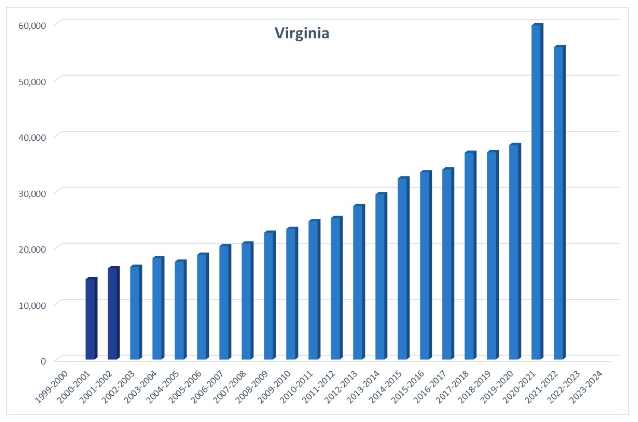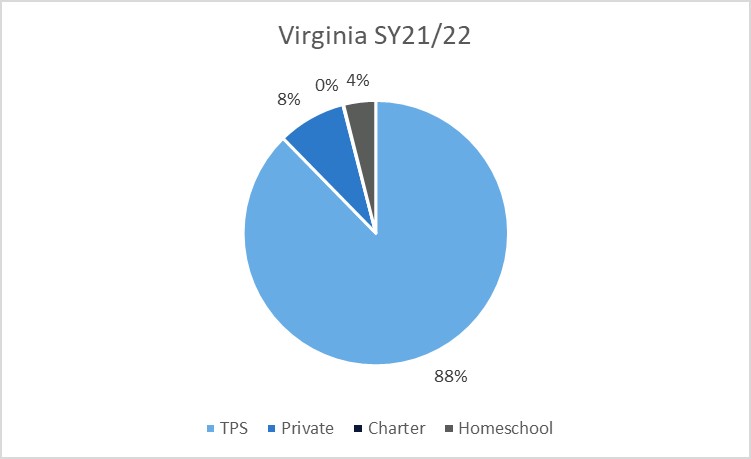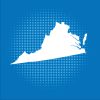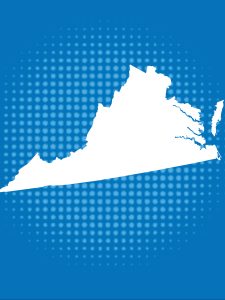Virginia families can homeschool in one of at least three ways.
History
Virginia, located in the southern United States, legalized homeschooling in 1984 and offers three different options. This summary addresses the home instruction option, but there is an option for a private tutor, certified teacher, or affiliation with a private school. Homeschools in Virginia are not considered private, parochial, or denominational schools.
Regulation
Virginia requires parents who elect to homeschool their children, ages 5 to 18, to notify their local school district annually. Parents must have at least a high school diploma or GED (with some exceptions) and outline a course of study for their students. There are no specific attendance requirements for minimum days or hours mentioned in the homeschool policy except that students must meet “all requirements” of the homeschool code for compulsory attendance. This includes immunizations.
Students must show evidence of progress through a standardized test score, a written evaluation from a state-licensed teacher, or a report card from a correspondence or other school. Refer to the code for more details. Districts must make homeschool families aware of AP, SAT, and ACT tests, and possible financial support for students in need.
Homeschooled students may ask for permission to access part-time core classes. Those homeschooling on a religious exemption are not eligible for participation. Participation in sports and other extracurriculars is available at the district’s discretion. Policies regarding homeschooled students with special needs are unclear.
State Data
Virginia collects and reports homeschool participation information each year. For example, around 14,000 students reported homeschooling in 2000 which increased to almost 60,000 at the height of the pandemic.

U.S. Census estimates indicate that around 7.9% of Virginia families homeschooled in the spring of 2020 and increased to 9.4% by the fall of 2020. Note that these percentages reflect family participation. Student participation would be higher, given that many families have more than one child. While 7.9% is higher than the national average of 5.4% for 2020, 9.4% is below the national average of 11.1% the following fall. For the 2022 and 2023 school years, U.S. Census estimates indicate that an average of 5.2% of K-12 students in Virginia were homeschooled.
Cross-Sector Comparison
During the 2019-20 academic year, 2.65% of Virginia’s K-12 students were homeschooled. Homeschool participation in the state was lower than the 7.7% of students attending private schools but higher than the less than 1% of students attending charter schools. In 2021-22, 3.91% of Virginia’s K-12 students were homeschooled, 8.3% attended private schools, and charter school attendance was unchanged.

School Choice Context
In addition to homeschooling, parents in Virginia have other educational choices available. These options include enrollment in traditional public schools through intra-district choice, magnet schools, and a few charter schools. There is also one private school choice tax credit scholarship. However, homeschooled students do not appear to be eligible.
Commentary
Virginia could increase transparency by publicly reporting more of the information it already collects about homeschool participants, like age and gender. Public reporting would provide more information to help understand participation trends in the state and nation. Further, the state could increase educational opportunities for all students by broadening access to public school offerings like courses, sports, and extracurriculars.

-
7.9% Families
Around 7.9% of families in Virginia homeschooled prior to the pandemic.
-
1984 Legalized
Homeschooling was legalized in 1984 in the state of Virginia.
-

7.9% Families
Around 7.9% of families in Virginia homeschooled prior to the pandemic.
1984 Legalized
Homeschooling was legalized in 1984 in the state of Virginia.

Last updated December 2023.